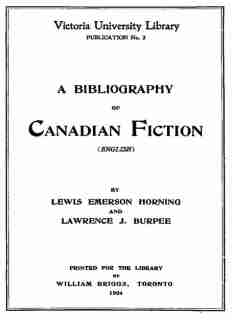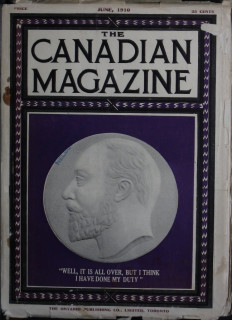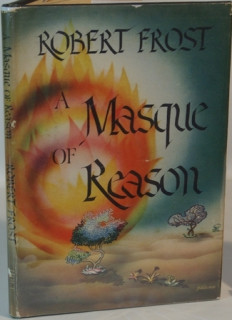The Importance of Classical Science and Research Literature
Science and research have shaped the world in ways that touch every part of modern life. Yet long before contemporary discoveries, classical scientific works laid the foundation for much of what we know today. At HaveEbook.com, readers can access many public domain works in PDF format that capture the curiosity, discipline, and methods of early scientists. These texts may be old, but their value in understanding the roots of scientific progress remains extraordinary.
One reason classical science and research literature is so valuable is that it shows the origins of inquiry. Before modern laboratories and advanced instruments, scholars relied on careful observation, reasoning, and experimentation to explain the world. Their methods, while simpler, reveal the early steps of the scientific method. By reading these works, we gain perspective on how knowledge grows over time, often through small but meaningful discoveries.
These classical texts also reflect the courage of intellectual exploration. Many early scientists faced resistance, skepticism, or even danger when their findings challenged accepted beliefs. Their persistence not only advanced knowledge but also promoted freedom of thought. Reading these works reminds us that science is not just about discovery but also about bravery and persistence in the search for truth.
Another reason they remain significant is their influence on later generations. The ideas found in early research works inspired countless other thinkers, leading to new theories and innovations. For example, texts on astronomy, biology, and physics from centuries ago continue to shape how we approach those fields today. Even when their conclusions were incomplete or later revised, their efforts built the framework for future discoveries.
Classical science texts also highlight the connection between science and culture. They reflect the worldviews, challenges, and hopes of the societies in which they were written. By studying them, we not only learn about the discoveries themselves but also about the historical context that shaped them. This makes classical science an important part of cultural history as well as intellectual history.
Resources such as the Internet Archive at [https://archive.org](https://archive.org) offer open access to a vast collection of classical science works, from treatises on natural philosophy to early mathematical studies. The British Library at [https://www.bl.uk](https://www.bl.uk) provides research resources that showcase how these works influenced the development of modern science. Open Culture at [https://www.openculture.com](https://www.openculture.com) also shares educational materials and discussions that bring classical scientific ideas to life for today’s readers. These platforms ensure that knowledge remains available to everyone.
The educational value of classical research literature is immense. Students and general readers can trace the evolution of ideas, compare early hypotheses with modern findings, and develop critical thinking skills by analyzing how knowledge changes over time. This process encourages humility and curiosity, reminding us that even today’s established facts may be revised by future discoveries.
Another benefit of engaging with these works is inspiration. Reading how early scholars asked questions, documented experiments, and sought answers can spark curiosity in modern readers. These stories show that progress often begins with simple observations and a willingness to question the ordinary. For anyone interested in science, this reminder of the joy of discovery is motivating.
In digital form, these works are easier than ever to explore. At HaveEbook.com, we prepare classical science and research books in ready-to-download PDF format, making them accessible to both casual readers and serious learners. By preserving these texts and offering them in digital collections, we ensure that the foundations of knowledge continue to guide and inspire future generations.
In conclusion, classical science and research literature is more than historical writing; it is a record of humanity’s journey to understand the world. These works reflect courage, curiosity, and the pursuit of truth—qualities that remain essential in every age. By studying and preserving them, we not only honor the past but also strengthen the path of discovery for the future.
Categories: Science & Research
Tags: internet archive, open science, open culture













